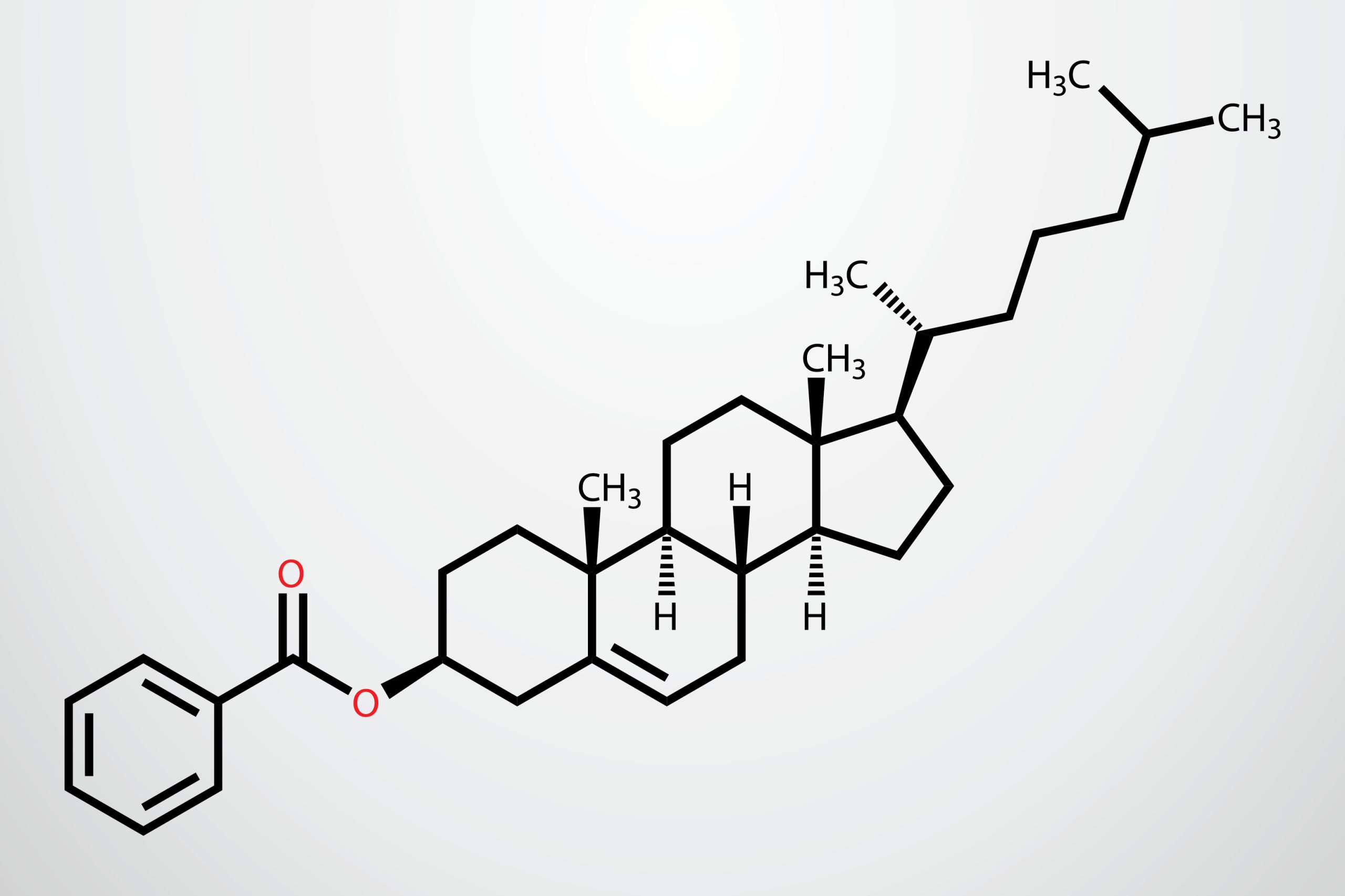innovating behavioral health | SSM Health DePaul Hospital’s Long-Acting Injection Clinic was honored by the Missouri Hospital Association with the Aim for Excellence Award, which recognizes innovation that improves patient outcomes. The clinic treats patients with behavioral health disorders, including schizophrenia, bipolar disease and substance use disorder. Due to these patients’ inability to easily follow a daily medication regimen, they can swap oral medicine for monthly injections, helping them achieve long-term stability and symptom relief. The initiative has shown to improve function for participants, allowing them to return to work, improve relationships and regain normal life function. It also has reduced the necessity for inpatient hospitalization that can result from neglecting a daily medication regimen.
cholesterol & dementia
In Alzheimer’s and other dementias, cognitive decline is linked to the buildup of a protein known as tau in the brain, which damages the tissue. Researchers at Washington University School of Medicine have found that in mouse models tau deposits are linked to a form of cholesterol known as cholesteryl esters. The team also found that lowering the levels of cholesteryl esters helped prevent brain damage and behavioral changes. “The compound we used in this study has side effects that make it unsuitable for use in people,” says senior author Dr. David M. Holtzman, the Barbara Burton and Reuben M. Morriss III Distinguished Professor of Neurology. “But if you could develop a therapy that reduces cholesteryl esters inside brain cells without unacceptable side effects, it would be a promising candidate to test in neurodegenerative diseases.”
agitation & alzheimer’s
Around 6.7 million older adults in the U.S. have Alzheimer’s disease, and around half of that number develop agitation. A researcher at Saint Louis University played a pivotal role in finding the first medication to be authorized by the United States Food and Drug Administration for treatment of agitation associated with Alzheimer’s, brexpiprazole (also known as Rexulti). Dr. George T. Grossberg, inaugural Henry & Amelia Nasrallah Endowed Professor and Director of Geriatric Psychiatry, worked on a national clinical trial that demonstrated the effectiveness of the treatment. “When patients with Alzheimer’s dementia develop agitation symptoms, they can become increasingly difficult to manage,” says Grossberg. “I’m encouraged by the findings of this study which show that brexpiprazole is an effective and well-tolerated medication that can treat the often-debilitating symptoms of agitation.”
reevaluating transplant treatment
Thyroid hormones are a long-standing method to treat deceased organ donors’ bodies to increase the quantity and quality of organs available for transplant as well as preserving heart function. The heart must remain beating before donation to be viable. However, research from Washington University School of Medicine in partnership with Mid-America Transplant in St. Louis found that the intervention is ineffective and may even cause hypertension and fast heart rate before donation. Looking at 838 organ donors, half of whom were treated with a synthetic thyroid hormone and the other with saline, there was no statistically significant difference between the success of transplantation for the two groups. In the thyroid hormone group, 54.9% were found suitable for transplantation, and 53.2% of the saline group were transplantable.








